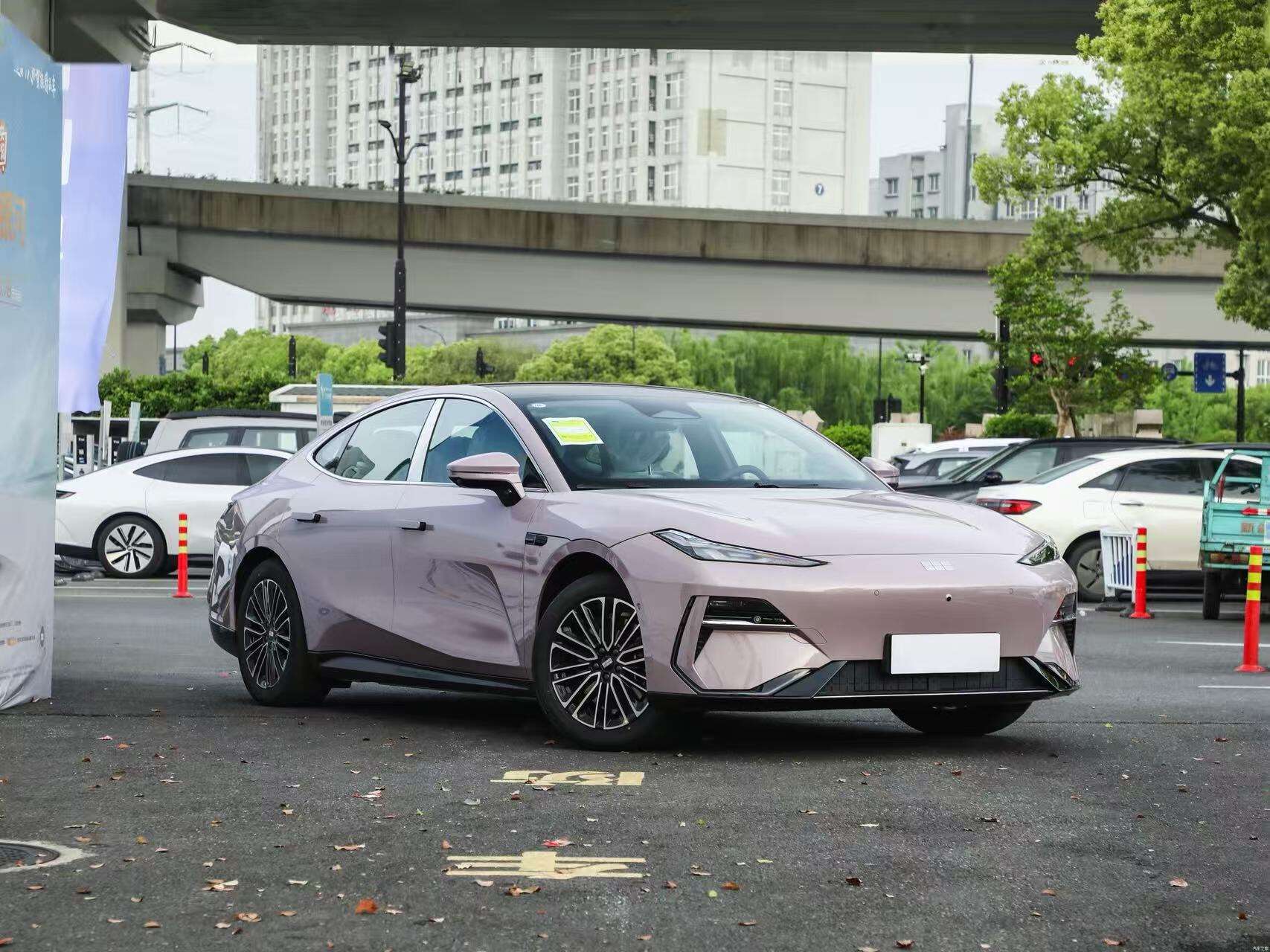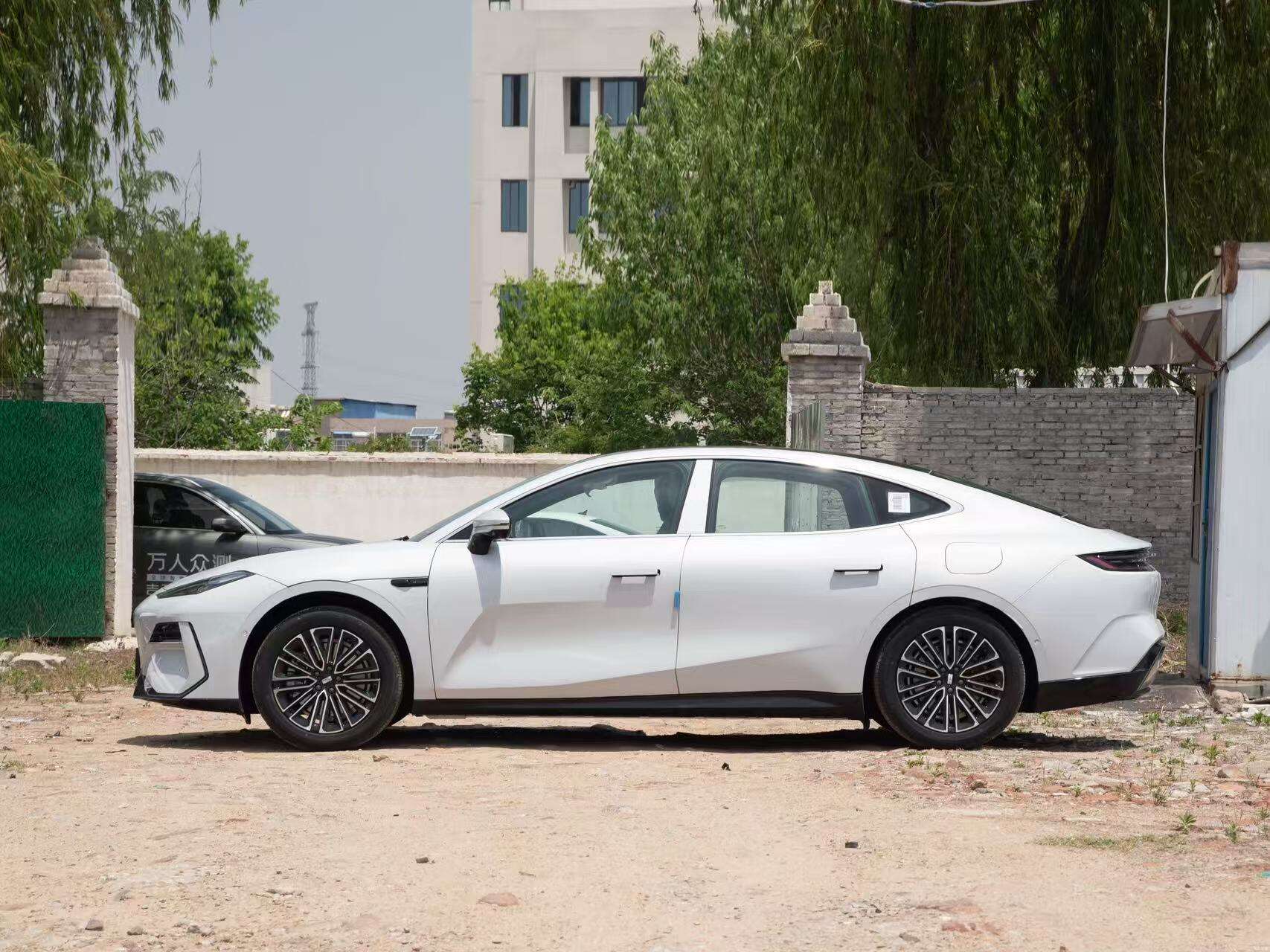cheap hydrogen cars
Cheap hydrogen cars represent a significant advancement in sustainable transportation technology, offering an eco-friendly alternative to traditional vehicles. These vehicles utilize hydrogen fuel cell technology, converting hydrogen gas into electricity through an electrochemical process that powers an electric motor. The only byproduct of this process is water vapor, making them zero-emission vehicles. Modern hydrogen cars feature advanced safety systems, including reinforced hydrogen tanks and multiple sensors to detect any potential leaks. They typically offer a driving range of 300-400 miles on a single tank, comparable to conventional gasoline vehicles. The refueling process takes only 3-5 minutes, significantly faster than charging electric vehicles. These vehicles incorporate regenerative braking systems, smart energy management, and advanced driver assistance features. The interior designs prioritize comfort and functionality, with digital displays showing real-time energy consumption and range information. Many models include smartphone integration, over-the-air updates, and connected car features. The reducing cost of fuel cell technology and increased production scale have made these vehicles more accessible to mainstream consumers, marking a crucial step toward sustainable transportation.


